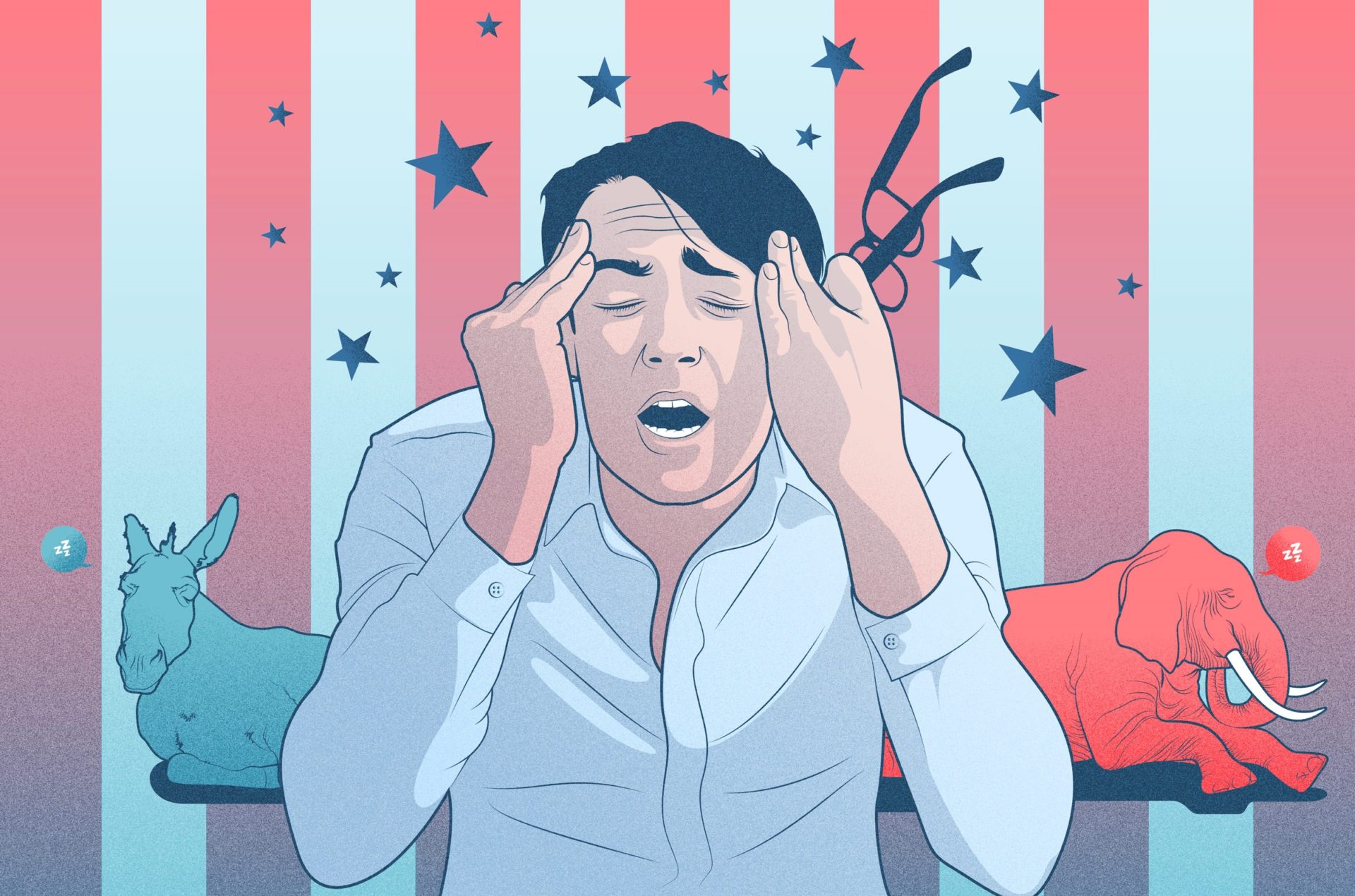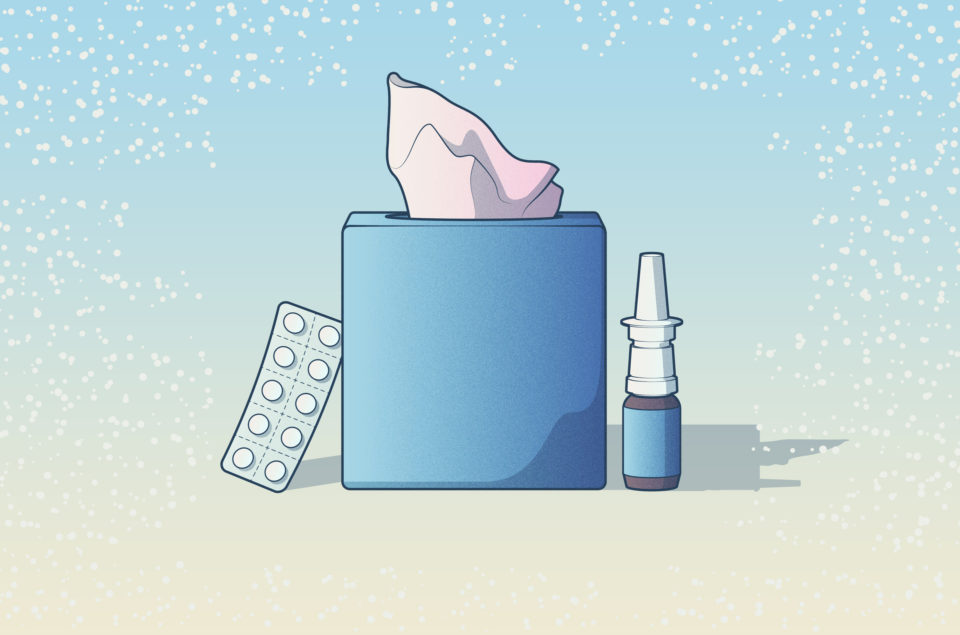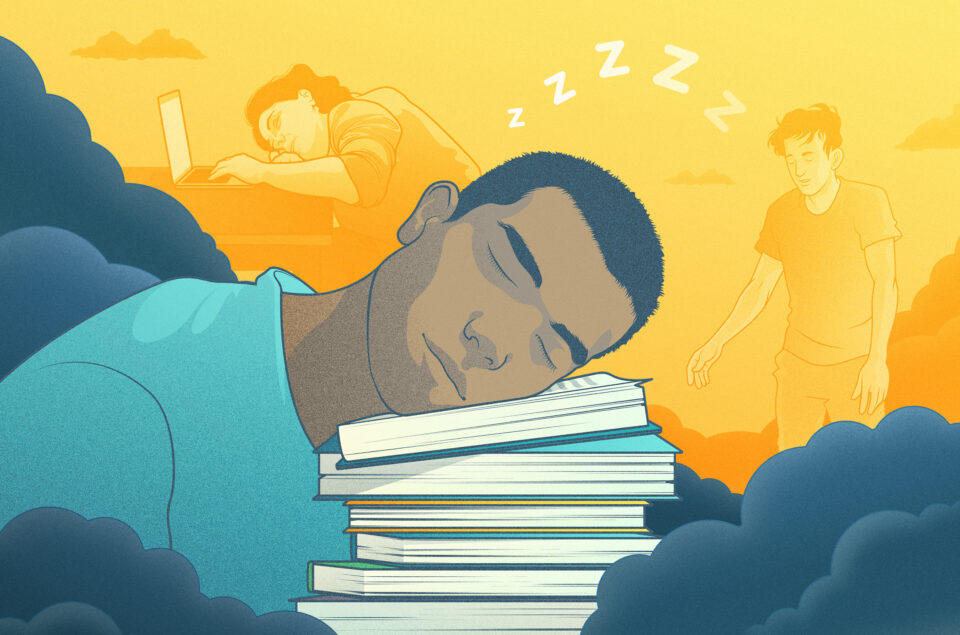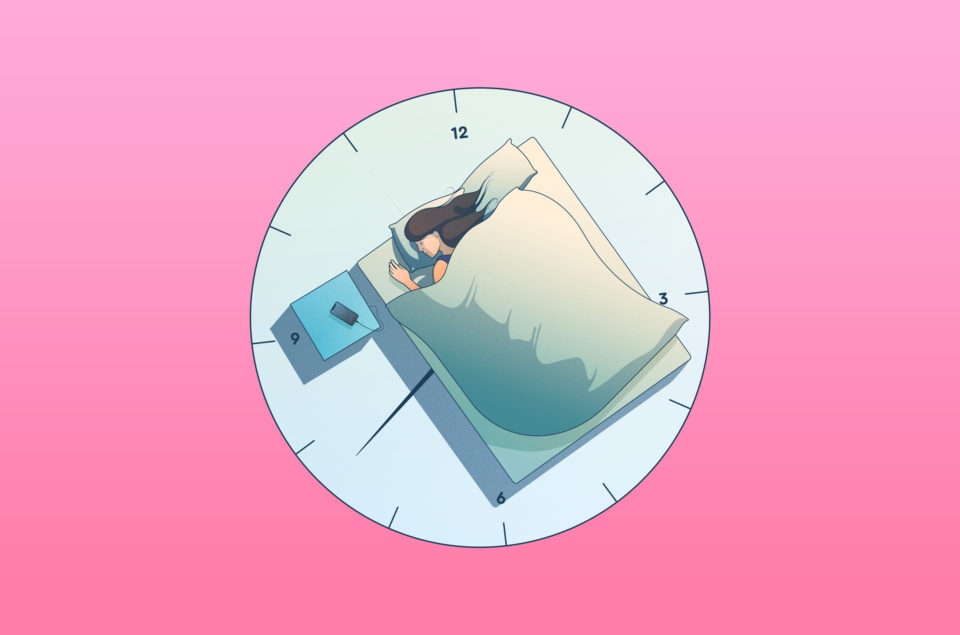Most Americans stay up later on election night than a normal Tuesday. How much later? About 30 minutes for the average Sleep Cycle user.
But a later bedtime alone doesn’t tell the full story of how Election Day disrupts our sleep and circadian rhythms. The heightened emotions, whether positive or negative, around this year’s presidential election in America can inhibit sleep by increasing alertness levels.
With the added excitement, anticipation, joy, anger, anxiety—whatever it is you’re feeling about the election—your body becomes alert at a time when it usually should be more relaxed to prepare for bed. As a result, you might go to bed later or end up lying in bed awake longer than is ideal. Adding to this, if you plan to stay up ‘til the wee hours to see if a winner is called, you may not only increase alertness due to emotions arising when checking news or social media, but may also run the risk that blue light from screens can cause a delay in the release of the sleep hormone melatonin.
The antidote to a poor night of sleep on Election Day is to come up with a recovery plan for the following day to quickly get back to good sleep habits. Here are four election sleep strategies to consider:
- Be aware that you might be extra tired. When we get less than an optimal amount of sleep, we may experience tiredness and decreased daytime functioning. Even if you don’t feel tired, being mindful of the fact that you may be affected by the lack of sleep is the first step. If you need to drive or operate machinery, know that your attention and cognitive function might be impaired.
- Get natural light. Our body’s circadian rhythms are triggered by sunlight during the day and darkness at night. Going outside to get natural light during the day tells the body to be awake, can increase alertness and helps regulate the sleep-wake cycle. After a night of sleep disruption, try to get natural light, especially in the morning and before lunch to get back on track.
- Limit caffeine later in the day. Having a cup of coffee, tea or caffeinated soda in the afternoon can impede our ability to go to sleep in the evening. So, the day after Election Day, if you want to increase the chances of good recovery sleep, resist the urge to increase your caffeine intake in the afternoon and evening.
- Take a nap if you want to, but do it early. You might find that a quick power nap is just the thing to help get you through the day. But napping too late or too long can make it more difficult to get back into your normal sleep routine. Limit any naps to 20 minutes and plan to nap earlier in the day rather than closer to the evening, so that you are adequately tired by bedtime. Although a short nap can recover alertness rather fast after wake-up, if it is important for you to stay alert throughout the day, a longer nap can help you stay alert for an extended period of time. But count on that you might have a reduced performance for quite some time after wake-up due to a phenomenon called sleep inertia.
We all experience periods in our lives with increased tension, emotions or stress affecting our sleep. For some, the time around election can be one such period. One or a few nights of sleep disruption every now and then isn’t the end of the world. We can usually recover rather quickly. We can prepare for stressful times and lack of sleep by doing what we can to regularly maintain healthy habits and bedtime routines. And we can make sure to allow ourselves adequate time for recovery afterwards.










